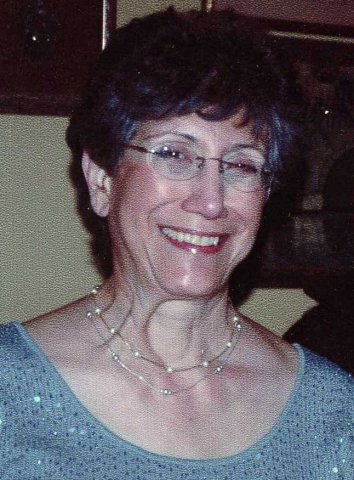Helen Nader

On behalf of Colleagues, Friends, and Family
Helen Nader was one of the leading Hispanists in the United States of America. Her book, Liberty in Absolutist Spain: The Habsburg Sale of Towns 1516-1700, won the 1991 Leo Gershoy Award for the best book in European history, given by the American Historical Association. Her many publications reveal her regular, creative encounters with Spain’s archives. Nader’s
publications were legion and of enduring significance. Her most recent book was Power and Gender in Renaissance Spain: Eight Women of the Mendoza Family (2004). She brought wisdom and personal warmth to her supervision of a dozen and a half doctoral students, whom she personally introduced to the Iberian institutions where they carried out dissertation research. She endeared herself to the students of the Division for Late Medieval and Reformation Studies at the University of Arizona who took her courses and sought her advice when she was Acting Director during 2003-2004.
Helen Nader was a native Arizonan of Lebanese extraction. She spoke some Arabic at home. She took her bachelor’s degree at the University of Arizona and then went on to Smith College for the M. A. and the University of California at Berkeley for the Ph.D. She had intended to study early modern Italy, but a seminar assignment to treat Spain converted her to the western Mediterranean. She taught and administered in numerous capacities for 18 years at Indiana University, becoming the Ruth N. Halls Distinguished Professor of History. She won, along the way, fellowships from the National Endowment for the Humanities, the John Simon Guggenheim Memorial Foundation, and the Woodrow Wilson Center, among many others. She served as Associate Editor of the American Historical Review. She came home to the University of Arizona in 1994 as Head of the Department of History and served in that capacity until 1999.
Helen Nader was gifted in multiple other respects. She played the clarinet, the piano, and the organ. She was an avid attendee at the Tucson Opera. She sewed, upholstered, and knitted. She gathered her extended family every year to cook and consume Lebanese fare. She read very widely. She gave amply of her friendship. She will always shine in the firmament of the University of Arizona’s stars.
Written by:
Susan C. Karant-Nunn
Director Emerita, Division for Late Medieval and Reformation Studies
Regents’ Professor Emerita of History

